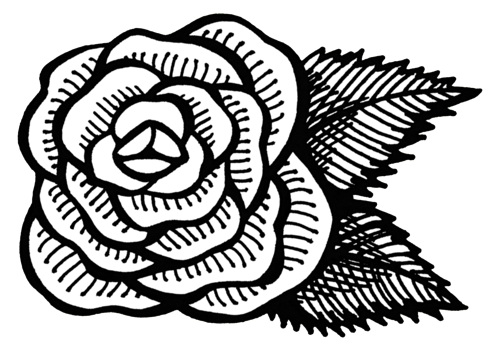Journals, sketchbooks, workbooks, notebooks, scrapbooks, diaries, you name it. I’m hooked. No book excites me like a blank book.
Journaling is a tremendous learning tool in almost any pursuit. This is especially true with the Tarot, which melds visual imagery, symbolism, literature, and spoken word. Writing is a huge part of the art form. If you’re learning tarot and you’re not journaling about it yet, I can’t encourage you enough to start now. For many of us tarot lovers, it’s a lifelong pursuit, and we’ll never get as far as we can without our diaries and caches of private notes.
Why is Journaling So Important?
Memorization: The physical act of writing things down helps with memorization, learning, and retention, just like note-taking in school. The more verbal you are as a learner, the more this will count for you.
Analysis: Hashing your own ideas out on paper crystallizes them. Thoughts are shifty, ethereal creatures. Writing makes them physical, so they can be shaped more consciously and precisely. You start with a half-baked idea or an impression on the level of emotion, and by putting it down on paper, looking at it, and making notes and changes, you come out with a solid message that you can use in your readings.
Progress: Journaling lets you track your own progress as a student and a reader.
Reference: Every card can have so many meanings and nuances - too many to use in any single reading or meditation. Over time, your journal becomes a storehouse for all these different meanings, and a fantastic reference when you need a bit of inspiration or to jog your memory
Creation: If you do any other kind of writing or creative work, your journal is your first draft for everything. You can mine your diaries for creative material forever.
Starting Your Journal
There’s no single best way to keep a tarot journal and no hard rules here. Ultimately, the best way for you to start a journal is whatever way you’ll keep it up in practice. What will get you to actually DO it? What will make you want to come back to it time and again?
Do you already keep a journal, diary, or sketchbook?
Awesome. Start there. Take your current writing routine and extend it to tarot, either in a new, dedicated book, or as part of your current diary. Beginning with a routine you already have is a great way to turn the idea of tarot journaling into a realized habit.
Starting From Scratch? Here are some tips to consider:
| Size Matters: If you want to keep a single journal for all your tarot notes and reference material, you’ll want to start with a large book or binder. You’ll have a lot of material to keep track of over time - probably more than you think. A binder is honestly the most practical solution for a physical journal, because it’s so easy to add to, cross-reference, and re-organize. If you’re like me and you hate binders (unwieldy + flashbacks to high school), then go with a BIG notebook or sketchbook (the one pictured left is 8.5 x 11"), OR . . . |
Make It Pretty: Clearly this is optional, but hear me out before you totally dismiss decoration as fluff. Your journal is a home for your thoughts. In a perfect world, you and your thoughts will be spending a lot of time there. Make it a home you want to hang out in. For some people this will mean investing in a gorgeous, minimalist leather-bound book with crisp, unlined writing pages, and keeping that book spotless. For others it will mean grabbing a spiral-bound notebook and plastering it with Lisa Frank stickers and sparkles. No way is better than any other. You all win.
Decorating your journal or personalizing it to your tastes is clearly not necessary, but neither is it frivolous. If this idea appeals to you at all - DO IT, and let go of feeling silly about it. Personalizing your books will go much farther than you think towards creating an atmosphere of significance, pleasure, and ritual around your journaling practice, specifically, and your tarot practice as a whole.
Blogging Counts: It seems like more and more people are starting tarot blogs every day, and for good reason. Blogging is a great way to keep yourself writing and posting regularly, because you have accountability with your readers and followers. There’s also a great community of tarot readers and bloggers to join for conversation and moral support. Micro-blogging on platforms like Tumblr and Instagram is easy as pie and lends itself well to a daily look at the cards.
The pros here are also the biggest cons: whatever you put online is public. You have to be comfortable with that and think carefully about what you say before you post. Also be mindful that for some people, there’s still a stigma around tarot and other occult practices. If you’re not ok with people in your life finding out that you’re into tarot, a tarot-themed blog might be not be for you at this time.
My recommendation, if blogging appeals to you, is to keep a private tarot diary as well. You’ll want to keep some notes personal, and your private books will give you tons of fodder for blog drafts. The two can really complement each other. I love my routine of writing daily card posts for Interrobang Tarot, and I copy those posts straight into my private journal, which is organized by card, for future reference.

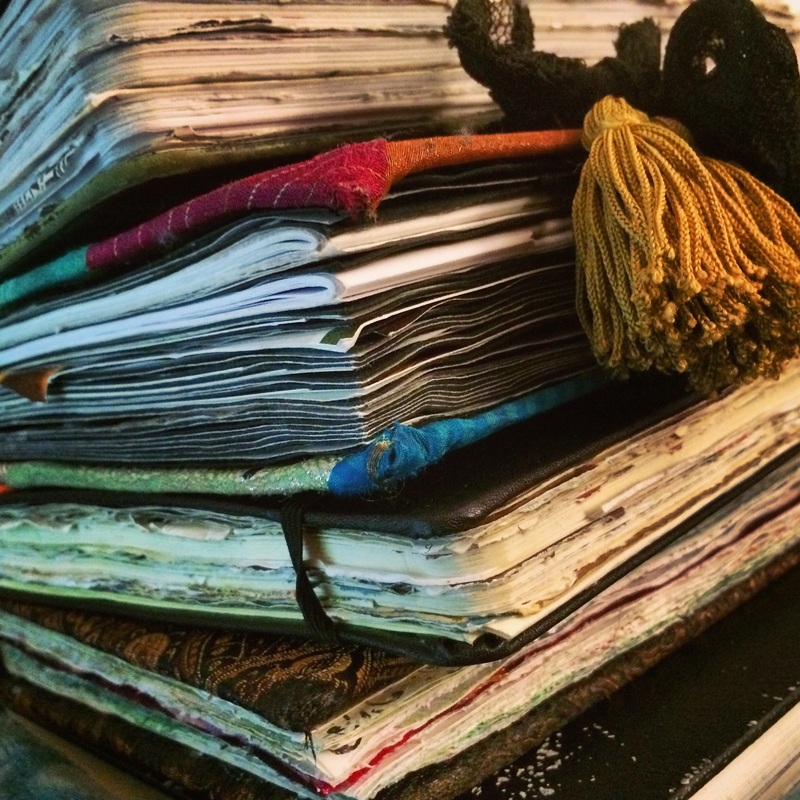
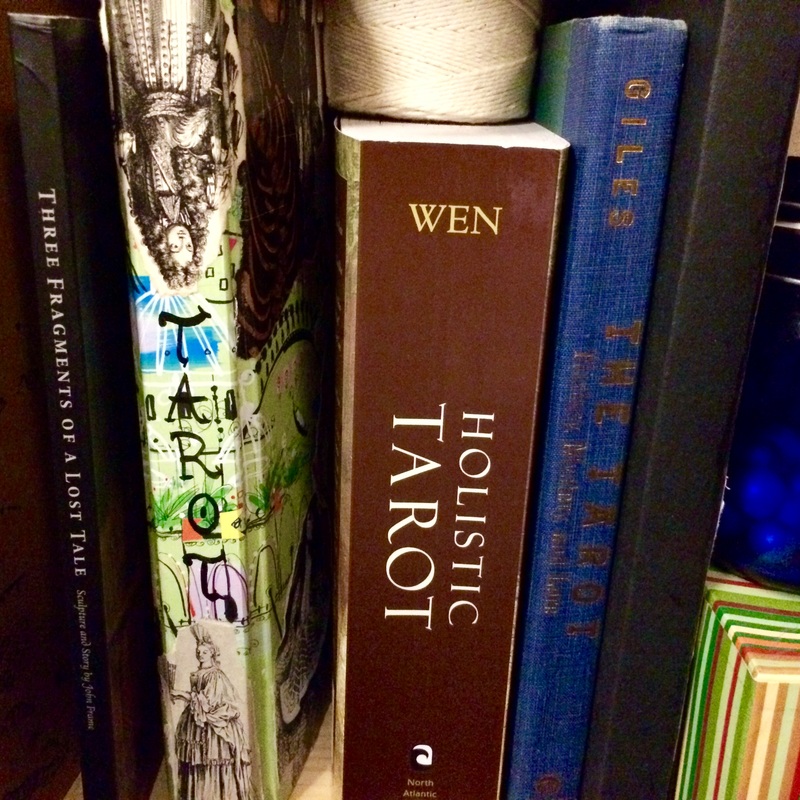
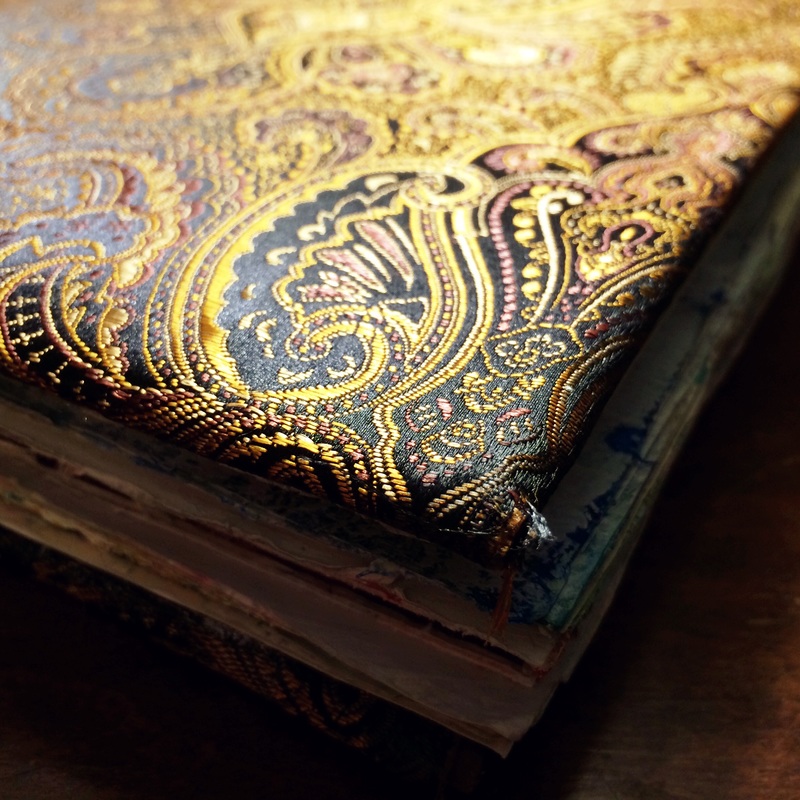

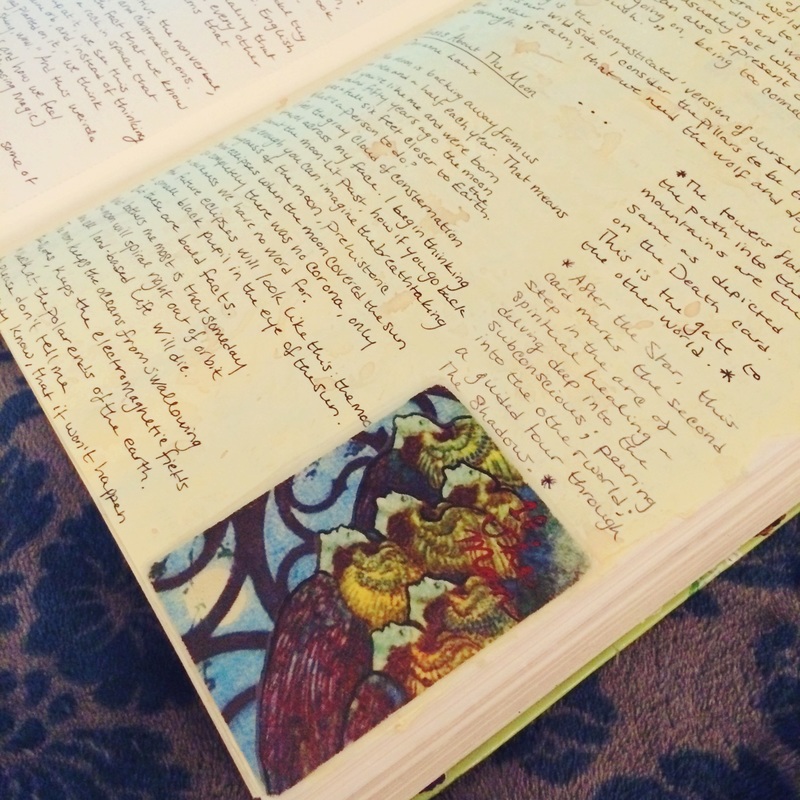

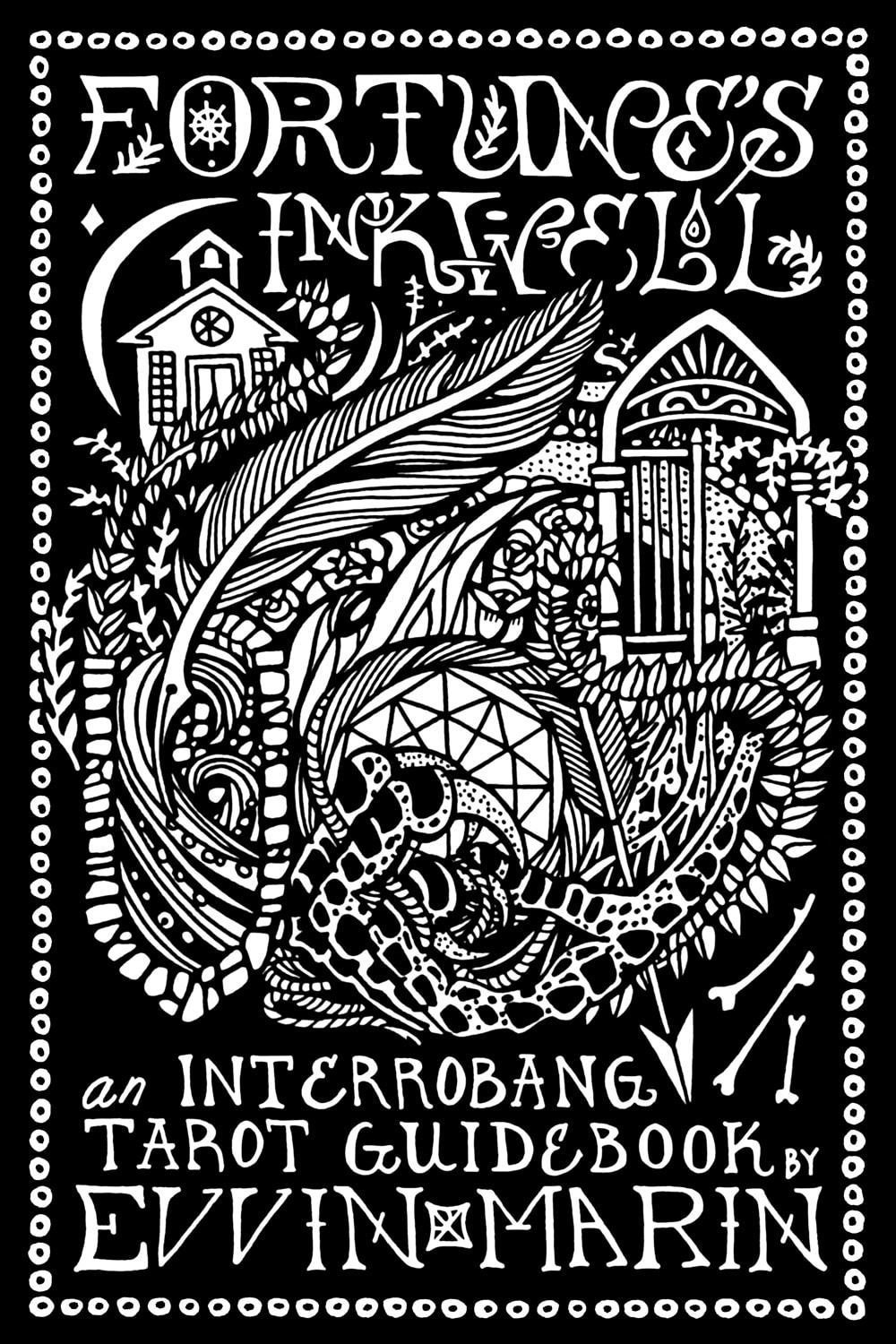
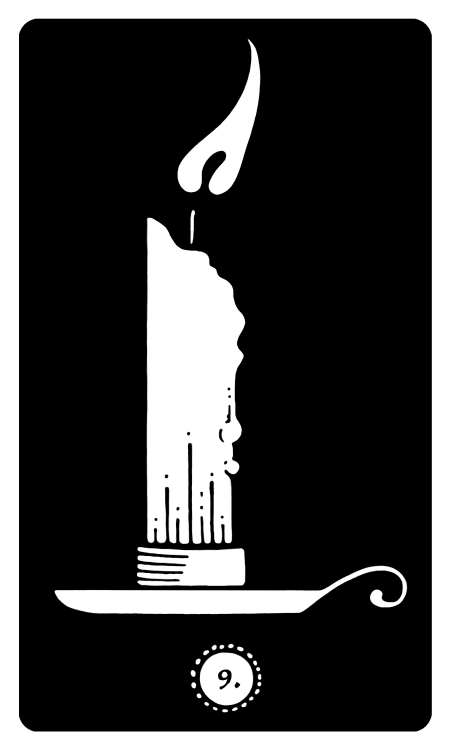
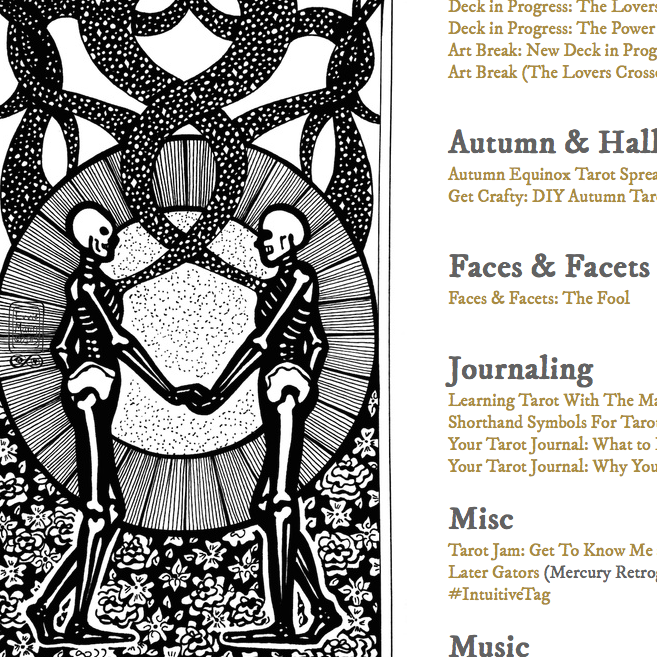
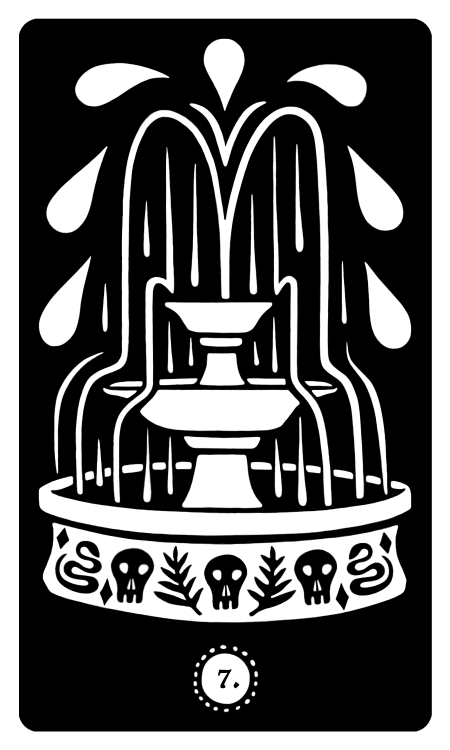
 RSS Feed
RSS Feed
